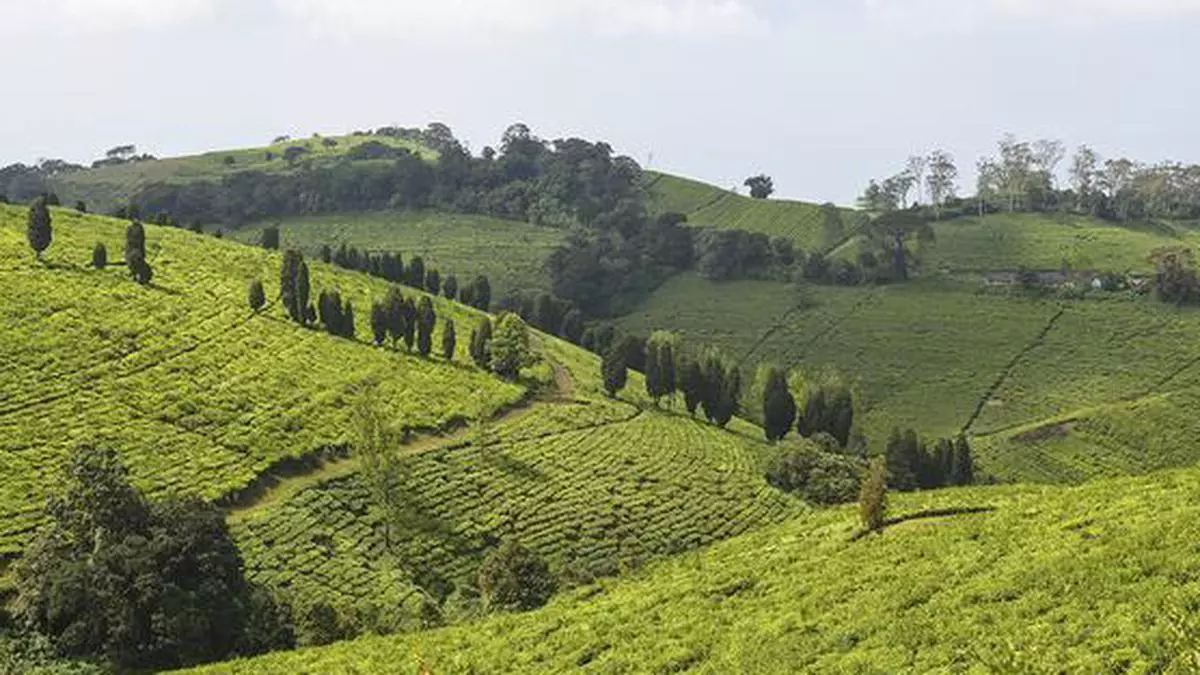As Lankan tea sector grapples with wage hikes, South Indian orthodox producers see more demand coming their way
Indian orthodox tea manufacturers anticipate an increase in demand as wage hikes in Sri Lanka are likely to the competitiveness of tea from the island nation. Sri Lanka is the major producer of orthodox teas catering to the world market.
A protest is reportedly brewing among Sri Lankan tea producers over the Government’s decision to hike the wages of workers by 70 per cent. Industry sources in the island nation said the government’s move would make Sri Lankan tea globally uncompetitive, as it will increase tea production costs by 45 per cent and reduce foreign exchange earnings.
Highly placed official sources in the tea sector in Colombo told businessline over phone that the government has gazetted that the estates including smallholders pay the workers a daily wage of ₹1,350 plus a further allowance of ₹350 per day and an over kilo payment of ₹80 which is a doubling of the current₹40. Tea producers maintain that it is unbearable for them as it will increase the cost of production.
Inputs may be cut
Sources said it has no bearing on the price paid by the buyers as the auction buying price depends purely on the demand and supply situation. The downside is that it will push producers to cut down on inputs which in the long run can have a dampening effect on the quality and sustainability of tea. The workers have been clamoring for a wage hike for quite some time and negotiations are on to resolve this issue, sources said.
Asked whether Indian tea exports benefited from the Sri Lankan situation, Dipak Shah, Chairman of South India Tea Exporters Association, said, “It is hard for Indian orthodox teas to compete with Sri Lankan varieties given the higher production and its global reach. Though Indian orthodox tea is competitively priced by 40 per cent lower than Sri Lankan rates, the availability of the brew is relatively lower. This is mainly because Indian tea production is mainly confined to CTC”.
Output disruption likely
Referring to the Sri Lankan issue, Shah said tea exports are the major foreign exchange earner for that country and any disruptions in production will immediately be addressed by the government to ensure the quality of their teas in the export market. If higher wages are to be enforced on producers and anticipated protest may lead to disruption in production and plucking. This will translate to quality taking a drop and then subsequent prices also, Shah added.
However, manufacturers of orthodox teas in the Nilgiris, which comes closer to the Sri Lankan teas in terms of quality, anticipate additional demand to come in due to the emerging developments in the island nation.
“Demand for the South Indian orthodox tea is quite good. We expect the demand to be good till the year-end,” said N Lakshmanan Chettiar of Golden Hills Estates Ltd in Coonoor. While Sri Lanka is having its own issues relating to labour wages, the supplies of orthodox tea from other origins such as Nepal and Indonesia are also under pressure for various reasons, due to which there’s more demand coming the Indian way. “We have become a reliable producer of orthodox teas,” Lakshmanan said.
